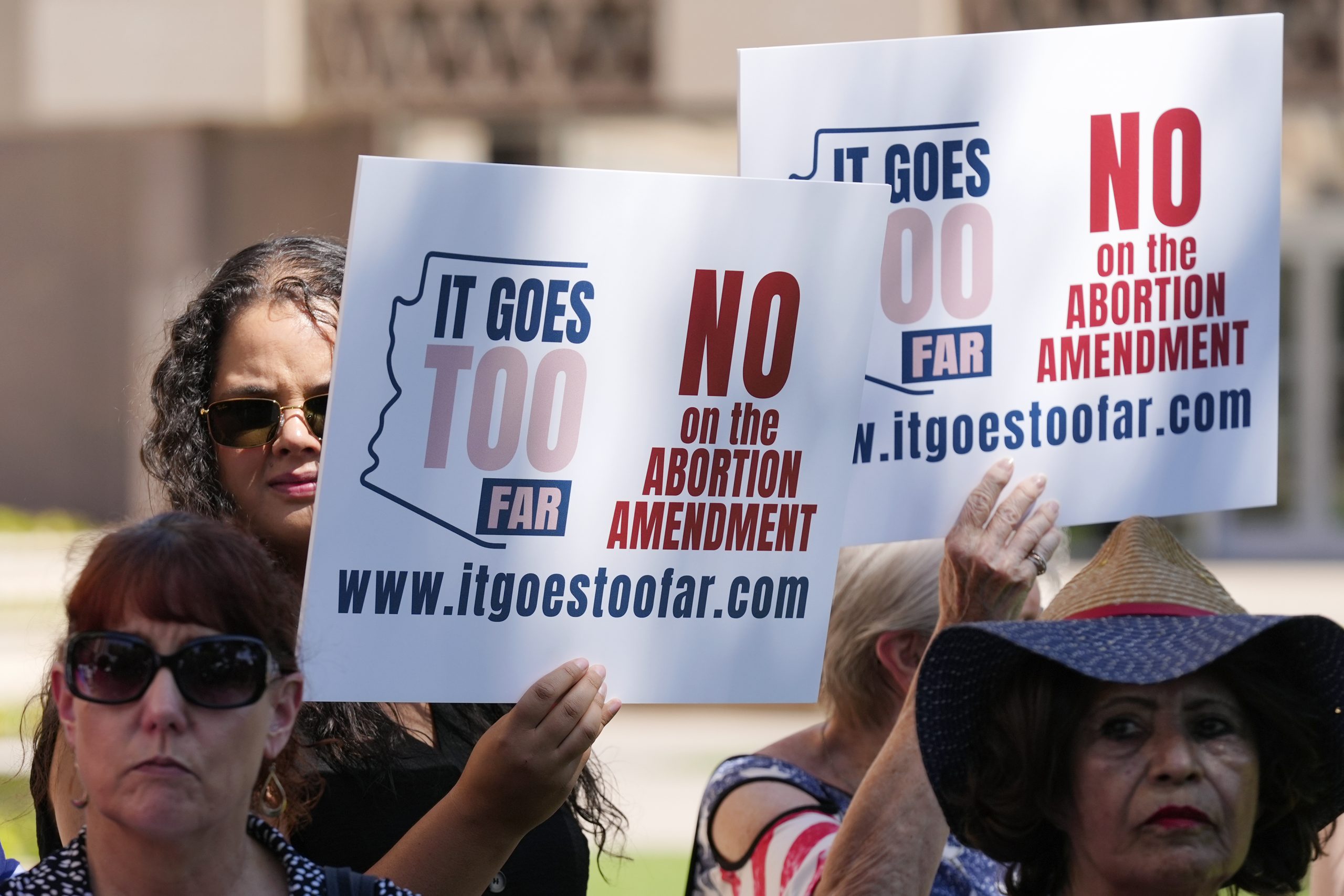
In November, Arizona voters will decide whether to enshrine the right to abortion in the state constitution, a move that could significantly impact the presidential election. The state’s Secretary of State confirmed to TIME that the measure will be on the ballot after certification of over 577,971 signatures—well above the required number. The coalition backing the initiative, Arizona for Abortion Access, submitted a record-setting 820,000 signatures, surpassing previous records for citizen initiatives in the state.
The coalition, which includes groups like the ACLU of Arizona and Planned Parenthood Advocates of Arizona, celebrated the milestone. Chris Love, a spokesperson for the campaign, emphasized that Arizonans want to safeguard their rights against fluctuating political influences, aiming to resolve the issue through a direct citizens’ initiative.
Currently, Arizona law restricts abortions after 15 weeks of pregnancy, with exceptions only for medical emergencies. Proposition 139, the November ballot measure, proposes allowing abortions up to the point of fetal viability, typically around 24 weeks, and includes exceptions thereafter for the health or life of the pregnant individual. This measure would establish a constitutional right to abortion and prevent the state from imposing bans before viability.
Opponents argue that the mental health exception is overly broad, potentially allowing for the termination of viable pregnancies.
The ballot initiative’s potential political ramifications extend beyond reproductive rights. It highlights a stark contrast in the presidential race: Vice President Kamala Harris has been a key advocate for reproductive rights, while former President Donald Trump, who appointed the Supreme Court justices that overturned Roe v. Wade, represents the opposing stance. The issue is central to Democratic campaigns and is on the ballot in several states, including Colorado, Florida, Maryland, Nevada, and South Dakota.
Arizona’s status as a battleground state means that the abortion measure could influence voter turnout and election results. Samara Klar, a political science professor at the University of Arizona, notes that issues like abortion can mobilize voters, especially in a state with tight electoral margins.
Polling shows significant support for abortion rights among Arizonans. A March survey by Klar and YouGov found that over 40% of registered voters believe abortion decisions should be made by a woman and her doctor, while 25% supported a near-total ban. A CBS News poll in May indicated that 65% of likely voters would support a measure establishing a constitutional right to abortion, compared to 21% opposed.
Since the Supreme Court’s 2022 decision in Dobbs v. Jackson Women’s Health Organization, abortion policy in Arizona has been uncertain. The Arizona Supreme Court recently upheld an 1864 law banning abortions with no exceptions for rape or incest, which the Republican legislature then repealed, leaving the 15-week ban in place.
Love asserts that embedding abortion rights in the constitution would provide clarity and stability for Arizonans, ensuring their reproductive rights are protected regardless of future legal and political shifts.
As voters head to the polls, the abortion initiative could be a decisive factor in the presidential race, with its ability to galvanize voters being a critical element in this competitive state.